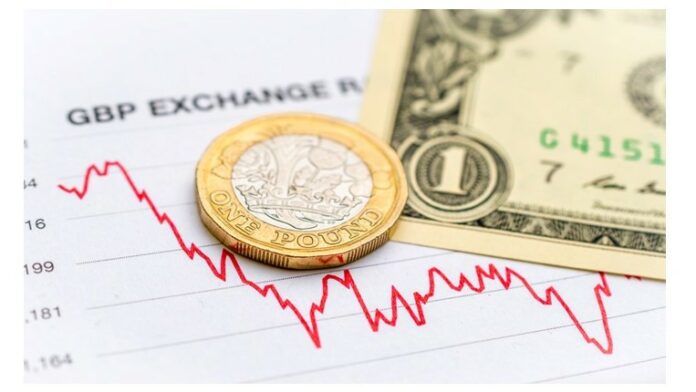The pound slumped to a record low of $1.033 against the dollar in late September as markets reacted to the UK’s new finance minister Kwasi Kwarteng’s ambitious £45bn tax cut plan. While the decision to reduce income tax for the highest earners was designed to boost economic growth, investors were spooked by the scale of borrowing required to fund them.
The reaction to the new plans is unprecedented, with widespread criticism both at home and abroad and even the International Monetary Fund (IMF) raising concerns that the large and untargeted fiscal package could “increase inequality” and potentially trigger economic hardship beyond the UK.
The weakness of the pound has been evident for some time, but the latest crash is set to have ramifications for everyone, from consumers and homeowners to companies and holidaymakers. For businesses, the value of the pound is always an important consideration as it affects the costs of importing and exporting goods, while the foreign exchange rate is key to the value of investments.
Even if the UK government makes a U-turn on its uncosted tax cuts, the pound is likely to remain in the doldrums as this trend has been prevalent throughout 2022 due to the strength of the dollar. Interest rates are also likely to rise again as the battle with inflation continues. The Bank of England has admitted that a “significant monetary response” is required to address these challenges.
For this reason, businesses should prepare themselves for a weak pound and a potential recession in the near future, which is something that should be accounted for when planning investments, budgets, and strategies. A silver lining for businesses is that the pound’s struggles are not as negative for them as general consumers.
The UK stock market is still on track to move higher despite a potential economic fallout. This is because many of the biggest companies earn a large percentage of their revenues and profits overseas. These profits will be worth more as foreign currency is generally stronger against the weak pound at the moment.
The weakness is beneficial for businesses that export a large bulk of goods for this reason, though conversely, it is not advantageous for those that are net importers. Victoria Scholar, head of Interactive Investor, says Coca-Cola and Diageo are among the big corporations that will profit despite being listed on the London Stock Exchange as they are notable exporters.
Importers will find it more difficult to boost their bottom line as they will be grappling with the higher costs of importing goods from abroad as the pound does not go as far. This will squeeze margins and potentially reduce investment. Expensive imports will also increase inflation, which then makes it harder to drive sales as consumers will find it more difficult to buy higher-priced goods, especially with the current cost of living crisis.
Sarah Coles, senior analyst at Hargraves Lansdown adds: “Retailers and other businesses who buy goods from overseas can try to pass the higher cost of imported goods on to consumers, or they can try to cut their operating costs, but the speed with which sterling has fallen is going to prove a huge challenge.”
Trading foreign exchange effectively for both businesses and investors will also be key during the coming months. Selecting one of the top UK trading platforms to buy and sell foreign currency with tight fees and spreads will make it easier to generate profits and minimize losses. You can find this information and in-depth reviews for brokers by visiting the website of leading research and advisory firm.
Moving forward, you can expect the value of the pound to keep fluctuating based on the numerous events and reports in the financial calendar. One major factor to keep an eye on at the moment is monetary policy. The Bank of England (BOE) already intervened to try and stabilize bond markets on 28 September and how the central bank reacts moving forward will have a major influence on the GBP.
Reports that gauge the confidence and sentiment of consumers and businesses will also affect the pound. While these are likely to be pessimistic at the moment, even subtle changes can affect how the market reacts. Finally, and perhaps most crucially in the current climate, inflation will dictate how the value of the pound changes in the short to medium term. Experts are forecasting inflation to spike to around 14% by the end of the year. By keeping up with the latest news and developments and monitoring currency markets, businesses will be in a better position to prepare for economic challenges and make key financial decisions.














